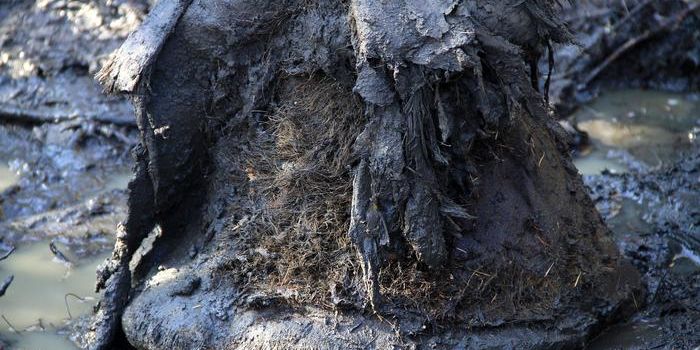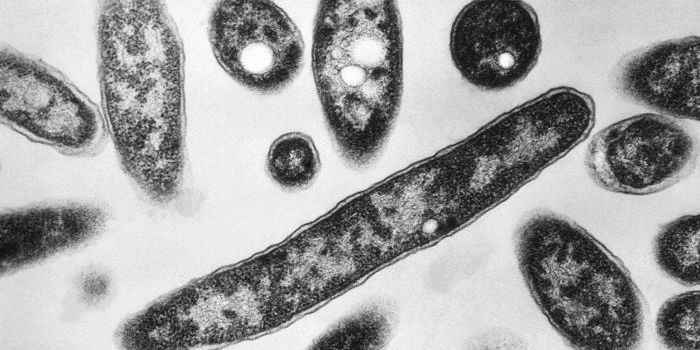Mysterious Illness in Children May be Related to COVID-19
COVID-19 has torn through New York; as of May 9, 2020, the state has confirmed 333,122 cases and 26,563 deaths from the viral infection. As the pandemic has stretched on, clinicians and researchers have had ample opportunity to learn more about the virus and how it can affect different people. We know the infection can be very different in different people; some show no symptoms at all while others end up in the hospital or worse.
Once thought to affect the respiratory system, doctors have learned that it can also affect many more organ systems. The virus has tended to kill older people, certain medical conditions can make the illness much worse, and in the United States and the UK, black people are three or more times as likely to die from the disease as whites. It was also thought that kids were mostly unaffected by the illness.
Health officials are now warning, however, of rare cases in which SARS-CoV-2 infections may be causing a multisystemic inflammatory syndrome in some children. There are now 73 cases of the disorder in New York State, and one child is known to have died from the disease. A second child's death is under investigation.
An advisory sent from the state to health departments, labs, and healthcare facilities states that "Though most children who get COVID-19 experience only mild symptoms, in the United Kingdom, a possible link has also been reported between pediatric COVID-19 and serious inflammatory disease. The inflammatory syndrome has features that overlap with Kawasaki disease and toxic shock syndrome and may occur days to weeks after acute COVID-19 illness. It can include persistent fever, abdominal symptoms, rash, and even cardiovascular symptoms requiring intensive care. Early recognition by pediatricians and referral to a specialist including to critical care is essential."
Kawasaki disease causes blood vessels in the body to become inflamed; they get red and swell. In the UK, there were kids that had this inflammatory syndrome had tested positive for COVID-19 in a PCR test, as well as kids that tested negative. There may be several explanations for that, for example, the inflammatory disease and COVID-19 are not directly related, or the tests produced false negatives, or they were negative because the kids no longer had detectable levels of SARS-Cov-2 virus in their bodies.
Between April 17 and May 1, there were fifteen known cases of the syndrome in New York City; the kids there had a fever, and more than half presented with rashes, abdominal pain, vomiting or diarrhea. There have been more cases since.
"We’ve seen more than fifteen... We’re seeing them every day that have required ICU admission every day," Dr. Steven Kernie, professor of pediatrics at Columbia University Vagelos College of Physicians and Surgeons and chief of Critical Care Medicine at New York Presbyterian Morgan Stanley Children's Hospital told NBC. He said that every day they are seeing one or two children with similar symptoms.
"What we’re seeing is children who have had high fever -- over 102 or 103 -- for three to four days," Kernie noted. "They tend to have a rash anywhere on their body, including the palms of their hands and soles of their feet. They may have abdominal distress. Their eyes may be very red. They look ill."
This may not be a primary infection, he said, but an immune response to a pathogen they were exposed to weeks earlier. Many more cases may be on the way.
"This is happening all through Europe," Dr. Jane Newburger, director of the Kawasaki Program at Boston Children's Hospital, told NBC News. "It is definitely happening in various cities on the East Coast and in some parts of the Midwest." Newburger explained that this illness may be a "post-immune reaction to COVID," in which the body basically keeps fighting an infection that is not attacking the body, potentially weeks after having been exposed to a virus like COVID-19.
Symptoms may include prolonged fever, rash, racing heart, chest pain, lethargy, or confusion. If children show these symptoms, parents should immediately seek medical help. While there have been deaths, most affected kids are expected to recover from this illness.









